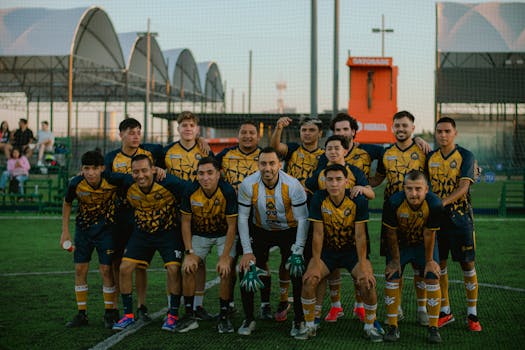You could study for a foundation degree or degree in a subject like:
- football coaching and development
- coaching science
- coaching and performance
There are also undergraduate and postgraduate courses that combine football coaching with other subjects, such as:
- sports business
- management
- talent development
You'll usually need some experience in coaching to apply for a postgraduate course.
Entry requirements
You'll usually need:
- 2 to 3 A levels, or equivalent, for a degree
- a degree in a relevant subject for postgraduate study





